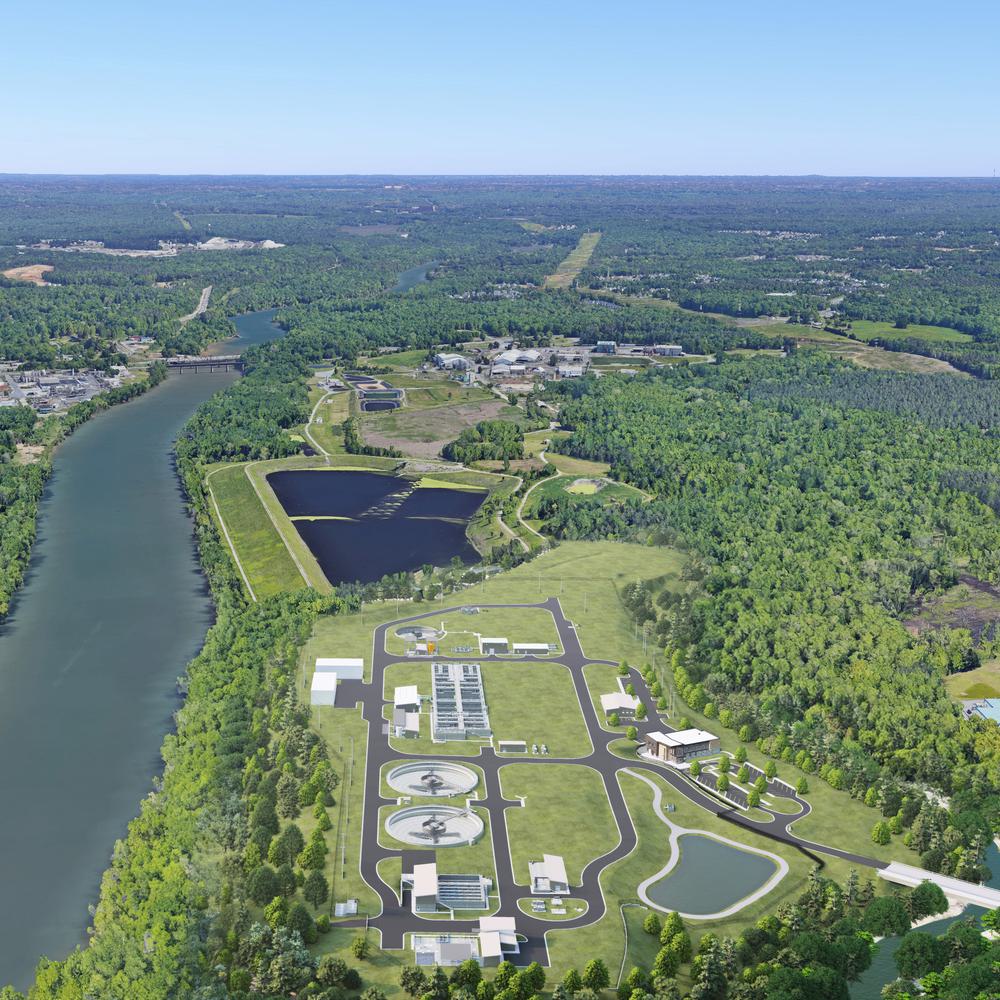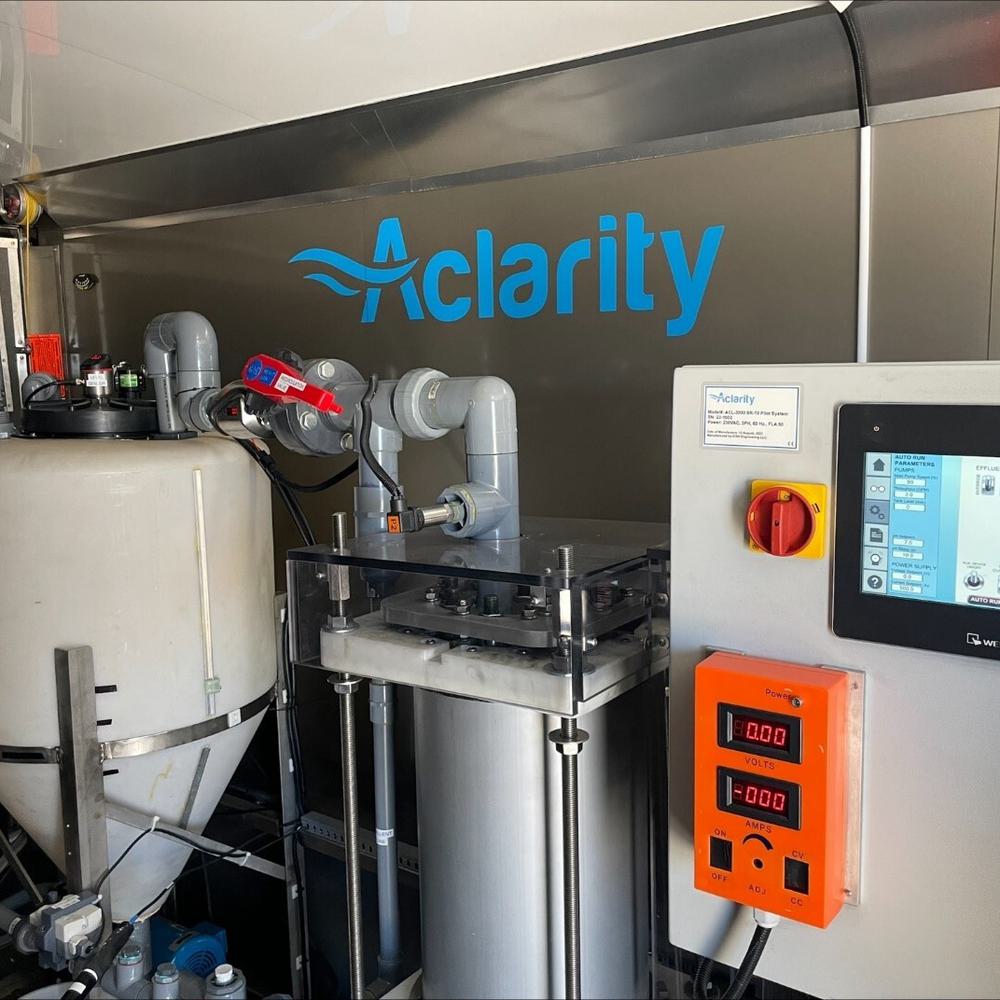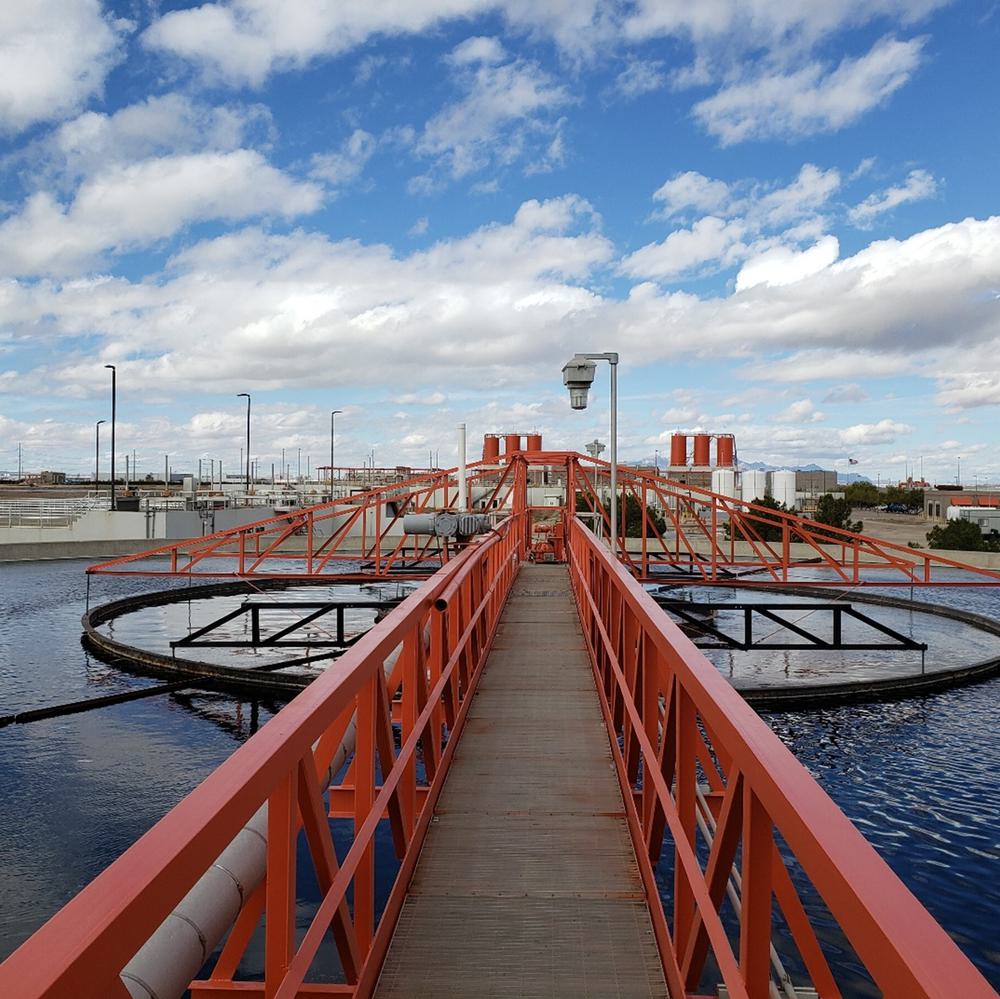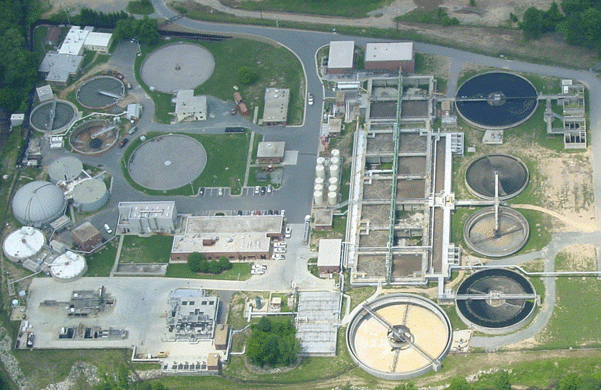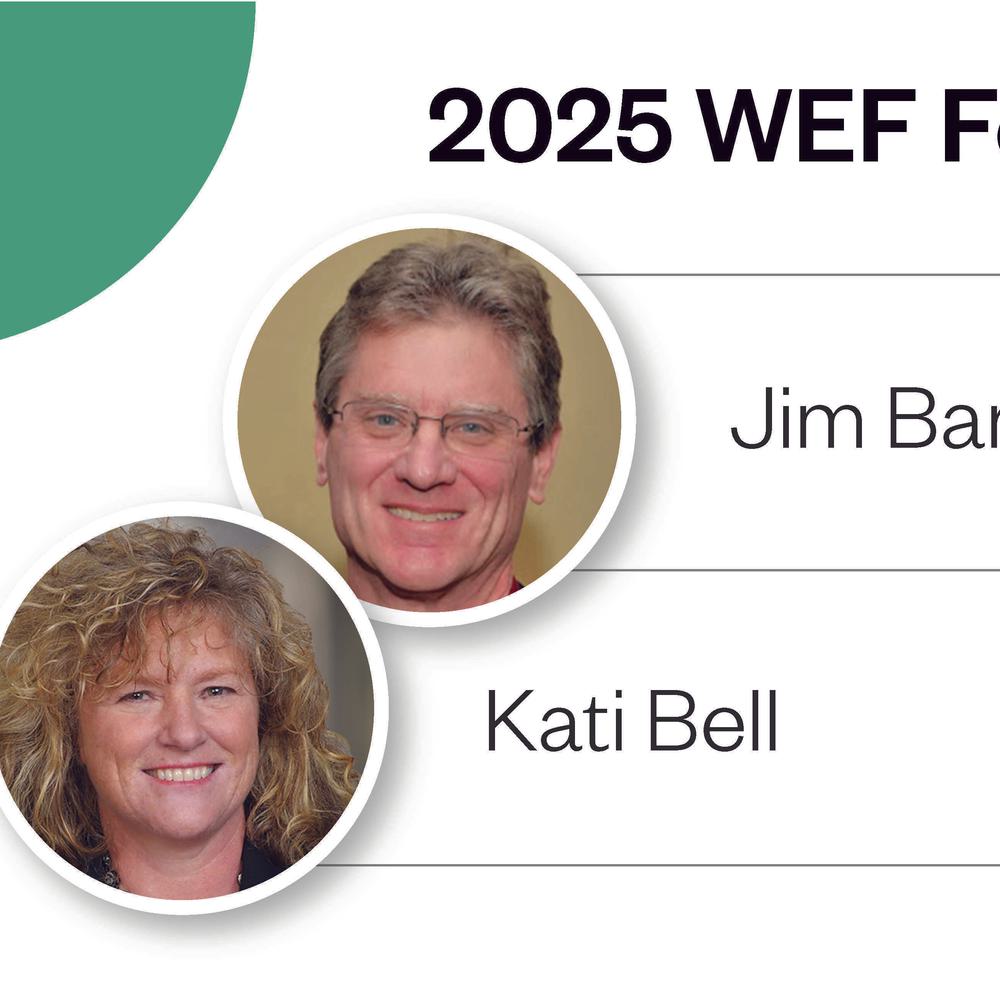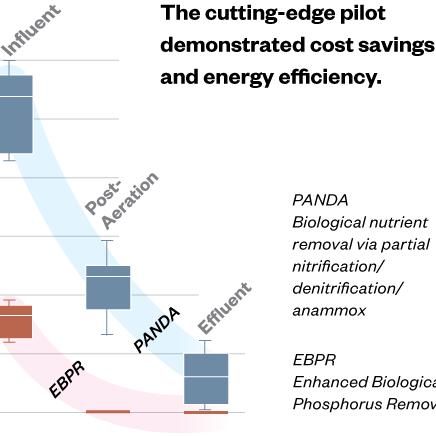Video Story: Pilot Test Paves the Way Toward Potable Reuse
Like many municipalities, Plant City, Florida faced multiple water management pressures. The City is turning to potable reuse and integrated planning for a promising solution.
Located in a water use caution area, the available water supply options are limited for Plant City, Florida. Identifying potable reuse as the best path toward a safe, reliable alternative water supply, the City conducted a 12-month pilot test at their OneWater Demonstration Facility.
The City’s withdrawal of groundwater from the aquifer is restricted, while the region experiences sustained population growth. Additionally, recent state legislation requires municipalities to eliminate non-beneficial surface water discharges by 2032.
The pilot is part of a larger integrated plan, including stormwater control and flood mitigation, to maximize overall use of the community's water resources. The pilot test served to monitor and prove the effectiveness of the membrane filtration (ultrafiltration and reverse osmosis) and ultraviolet advanced oxidation (UV-AOP) treatment process.

Located in a water use caution area, the available water supply options are limited for Plant City, Florida. Identifying potable reuse as the best path toward a safe, reliable alternative water supply, the City conducted a 12-month pilot test at their OneWater Demonstration Facility.
A custom digital dashboard provided real-time data that helped to make the pilot test a success. Typically, pilot data is very time-consuming to normalize and calculate. The dashboard enabled operators to see trends quickly and respond.
The City's proactive engagement with regulatory agencies through this project helped to shape the future of reuse in the state. In 2020, the Clean Waterways Act required Florida lawmakers to initiate rulemaking around potable reuse.
The project demonstrates how even a small utility can not only achieve potable reuse, but also customize the solution to meet the community’s broader needs through integrated resource management.
McIntosh Preserve, a wetland prairie park, was created as part of the overall project to provide Plant City with a restored space for wildlife habitat and community recreation, in addition to stormwater control and flood mitigation benefits.
Heading into full-scale design, the City’s focus is on continuing public education and operator training to ensure that both the community and staff are fully equipped when the facility begins operation.

McIntosh Preserve has become a valued community asset, featuring miles of trails, a boardwalk, and an observation tower.

The enhanced wetlands will hold both stormwater and the City's reuse water, cleaning it of pollutants and nutrients before it recharges the Floridan aquifer.



